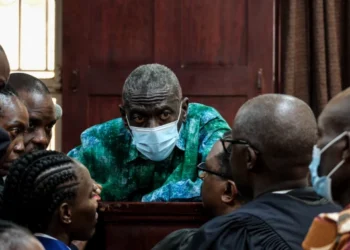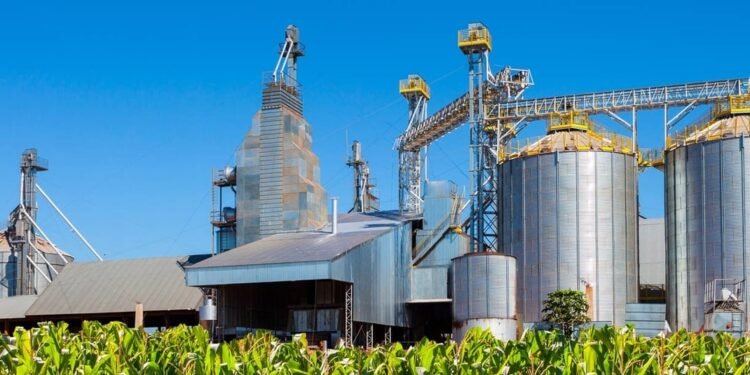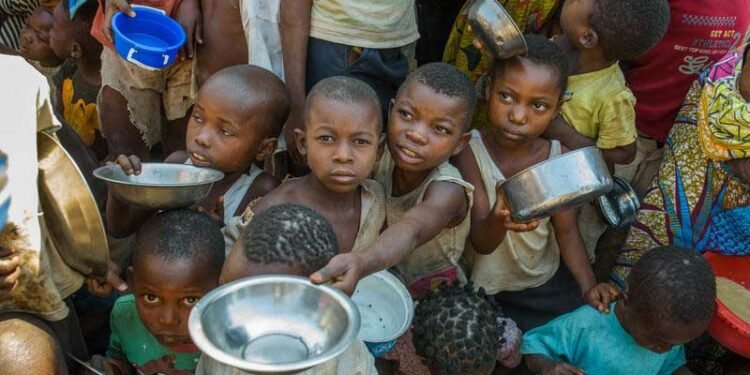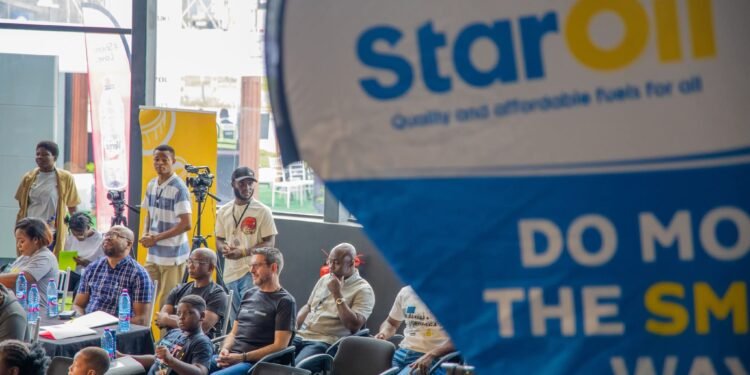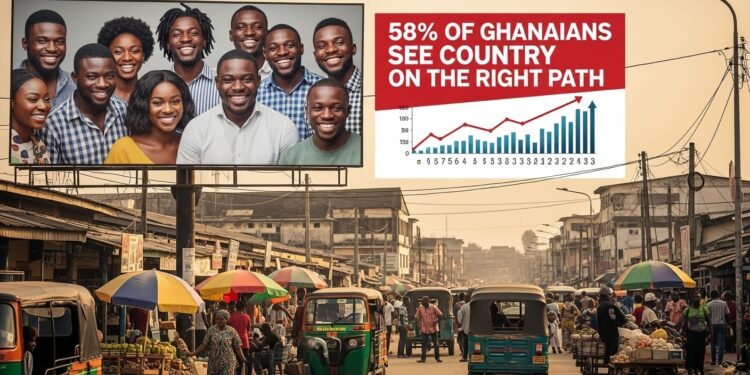South African President Cyril Ramaphosa and senior African National Congress (ANC) officials convened on Thursday, June 6 to strategize on forming a government following the party’s loss of parliamentary majority.
The ANC’s National Executive Committee (NEC), comprising over 80 top officials, gathered in Johannesburg to address internal divisions and decide on the path forward.
Last week’s elections saw the ANC’s support wane, resulting in a fractured political landscape. With the country’s economic stability at stake, the ANC is exploring options to build a functioning government.
One prominent proposal on the table is forming a government of national unity. This approach aims to include a broad spectrum of political parties, rather than aligning directly with the primary opposition, the Democratic Alliance (DA).
“We want to bring everybody on board,” stated ANC Secretary-General Fikile Mbalula before the all-day meeting.
He acknowledged the likelihood of intense debate and disagreement within the NEC regarding this strategy.
ActionSA’s Opposition To Coalition and Concerns
Herman Mashaba, President of ActionSA, said the Multi-Party Charter (MPC) agreed not to work with the ANC.
“We were taken by total surprise when parties started negotiating.”
He said parties have the right to negotiate with the ANC, but they can’t remain in an agreement when other parties breach the agreement. “We don’t want to be crybabies,” he said.
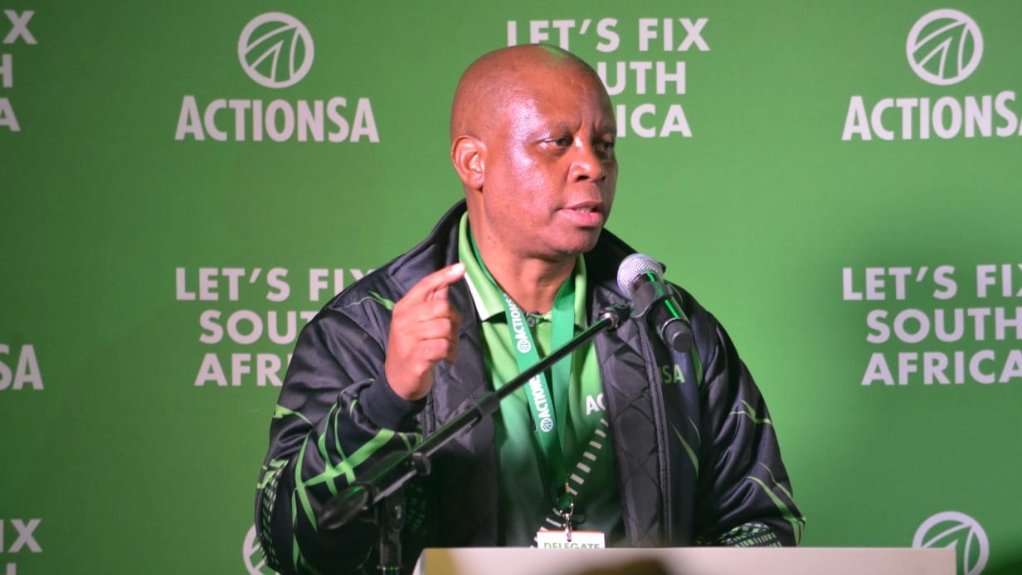
When quizzed on whether ActionSA felt betrayed, Mashaba said, “Do we feel betrayed? Absolutely not,” adding that the people of South Africa are betrayed.
Mashaba said his party had accepted the results, even though he could show evidence of where they “have been done.”
He said the ActionSA wants to put the country first. However, MPs would raise the issue of the IEC’s capacitation in Parliament.
Additionally, ActionSA chairperson Michael Beaumont at a press briefing on Thursday morning bemoaned a possible erosion of checks on the government as a result of the coalition.
“We are entering a phase where the official opposition is offering its support to the government, and the question is going to emerge, who the opposition is?
“Who is going to become the watchdog of those people benefitting from positions, privileges, and perks, finding themselves conflicted in holding government to account?”
Michael Beaumont
The ANC, renowned for its role in dismantling apartheid under Nelson Mandela’s leadership and securing South Africa’s first all-race election victory in 1994, has faced a steady decline in support over the past two decades.
Persistent issues such as poverty, unemployment, and inequality have eroded public trust.
While the NEC deliberates, time is of the essence. South Africa’s newly elected Parliament must convene by June 16, with the critical task of electing a president.
Moreover, given their combined vote share, a potential coalition between the ANC and the centrist DA has been considered the most viable solution for achieving a stable government.
The DA garnered 21% of the vote, positioning it as the second-largest party. However, this alliance faces opposition from within the ANC’s grassroots and some of its political allies, notably South Africa’s Congress of Trade Unions.
The DA, on its part, is wary of a broad coalition involving multiple parties. It has explicitly stated its refusal to collaborate with two particular groups: the new populist MK Party, led by former President Jacob Zuma, and the far-left Economic Freedom Fighters (EFF).
The ANC’s internal deliberations and the broader political negotiations are being closely watched.
The outcome will not only determine the country’s immediate governance structure but also set the tone for South Africa’s future trajectory.
The challenges ahead are formidable. The ANC must navigate its internal rifts while reaching out to other parties in a bid to form a cohesive and effective government.
READ ALSO: Ghanaian Businesses Grappling with the ‘2Is and 1F’





